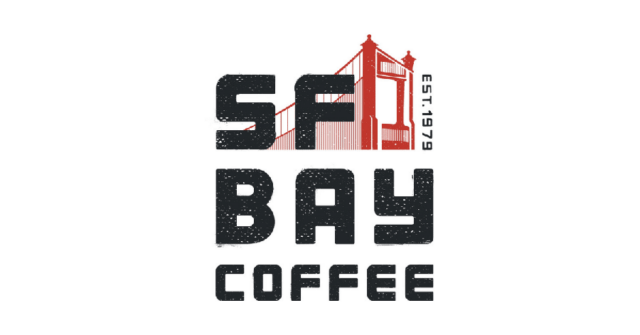LINCOLN, CA, U.S. — In the mid 1980’s, SF Bay Coffee ‘s CEO Pete Rogers traveled to Guatemala to learn how to roast Guatemalan beans. In a matter of hours at the first coffee farm, his mission changed drastically. He was in shock with the poor living conditions of the farmers and how vastly different their lives were compared to the lives of the importers and exporters that coffee companies traditionally bought coffee from.
Since then, the company has made it their mission to change the poor living conditions of every farmer they came into contact with by buying coffee at an above market rate. In some countries, SF Bay Coffee has even doubled the rate they are paying the farmers.
“After that trip, I started buying directly from farmers. Farmers that had sold to exporters, who then sold to importers, then to other importers. We shortened that chain down to me and the farmer.” – Pete Rogers, CEO.
According to the International Coffee Association, roughly 100 million people depend on coffee as their primary source of income, with 80% of that coffee coming from small farmers. Over 70% of these small coffee farmers live below the World Bank poverty line of $2 a day.1 To enhance the quality of life for the farmers and their families, SF Bay Coffee started the Rogers Charitable Fund, giving back to the communities of the farmers by building 63 schools, 1,175 housing complexes, and a dozen medical centers. SF Bay Coffee also donates millions of coffee trees, updates the equipment of the farmers, and implements eco-friendly techniques to each of the farms they work with, reducing each farm’s waste.
Reducing Waste on Farming Mills
To impact the farmers and their farms, SF Bay Coffee started to work on innovative ways to reduce waste on a day-to-day basis. In every country they work in, they have an agronomist researching effective ways to grow and fertilize coffee. These agronomists also research ways to reduce waste and increase productivity. Coffee goes through a series of phases from its beginning on a coffee tree to its ending in a cup. Traditionally, one of the most wasteful processes has been the wet mill process, where water is used to rinse and clean the coffee beans. Most farms usually use about 300 gallons of water per pound of coffee. SF Bay Coffee has effectively cut the amount of water down to .33 gallons per pound of coffee by using gravity to push the beans through production instead of utilizing more water, drastically eliminating the water usage on all of their farms. Not only was this innovative and helpful for the process, but it allowed more water to be utilized for surrounding farmers and their families, bringing water to areas that traditionally had none.
Commercially Compostable Instant Coffee Pods
Reducing the plastic mountain of coffee waste has always been a passion of the family-owned and operated company. In 2008, they began researching composting techniques. By 2017, the company released the industry’s first commercially compostable single-serve coffee solution that would fit most single-serve coffee machines. Each part of SF Bay Coffee’s OneCup™ is made from plant-based renewable resources. This makes it easier for this product to break down in a compostable environment, reducing not only the company’s plastic usage but the consumer’s as well. The OneCup™ mother bag is compostable as well, making the entire product eco-friendly. They have big plans for the future including a home compostable OneCup™ coming out in 2020.
What the Future Holds
SF Bay Coffee is actively working on expanding its sustainable innovations in the coffee industry. Currently, they are researching usage for the coffee bean waste on the farms, as well as what steps they can take to make traditional coffee waste useful. With conventional coffee methods, 600 pounds of waste is created for every 100 pounds of roasted coffee. SF Bay Coffee is working to find usage for that waste, researching ways to make every part of the milling process valuable. With their packaging practices, SF Bay Coffee is taking great strides to make all of their packaging 100% compostable. This will create one more option for the consumer to take small sustainable steps in their everyday lives, starting with his or her morning coffee.

















 CAPS: the new proprietary system using capsules made of 85% recycled aluminium
CAPS: the new proprietary system using capsules made of 85% recycled aluminium